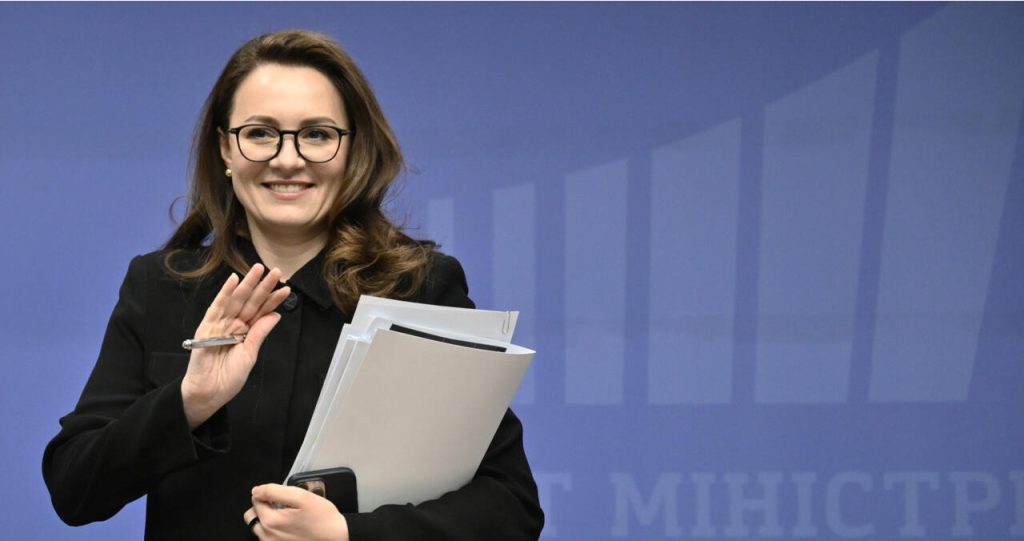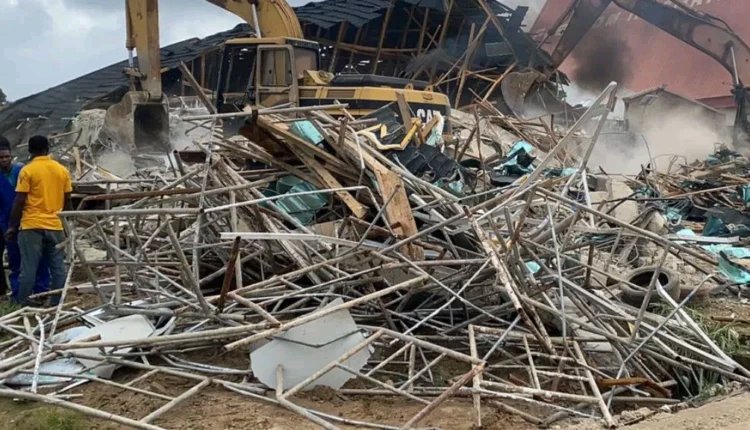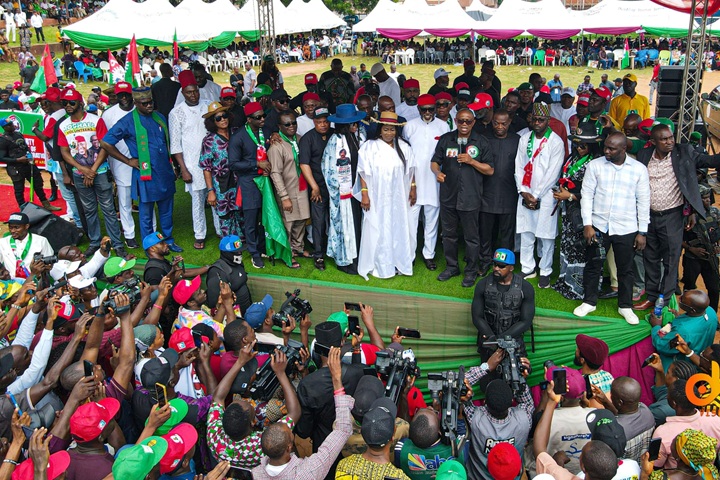Analysis
Israel’s three-pronged battle with Palestine, Lebanon and Yemen

The Middle East is embroiled in a complex, three-pronged conflict as Israel engages with Palestine, Lebanon, and Yemen.
This multifaceted battle has far-reaching regional and global implications, claiming numerous lives and sparking international concern.
Decades-long tensions between Israel and Palestine escalated with Operation Breaking Dawn in Gaza, targeting Palestinian Islamic Jihad militants.
Lebanon’s Hezbollah and Israel exchanged fire, while Yemen’s Houthi rebels launched missiles into Israel.
Over 30 Palestinian militants were killed, including top Islamic Jihad commander Tayseer al-Jabari.
Palestinian President Mahmoud Abbas condemned Israel’s actions, urging international intervention.
The conflict’s escalation has sparked widespread concern, with many fearing a broader regional conflict.
In Lebanon, Israel struck Hezbollah positions, citing concerns over border tensions and rocket attacks.
The Lebanon strikes killed several Hezbollah militants, including prominent leader Ali Mohsen, and injured 15 Lebanese civilians.

Scene of the Israel’s latest attack in Lebanon
Hezbollah’s Secretary-General Hassan Nasrallah vowed to retaliate, escalating tensions.
Lebanon’s Foreign Minister urged international intervention to prevent further escalation.
Yemen’s Houthi rebels have also entered the fray, firing ballistic missiles at Israel and disrupting Red Sea shipping.
Israel intercepted over 10 Houthi rebel missiles and drones, underscoring the conflict’s regional dimensions.
The Houthis’ actions have been condemned by the international community, with many fearing the conflict’s spread to other regions.
The international community has responded with caution. The United Nations Security Council held emergency meetings, urging restraint.
The United States called for calm and diplomatic solutions, while the European Union expressed concern over escalating violence.
Diplomatic efforts continue, with Egypt-mediated ceasefire talks between Israel and Palestinian factions aiming to ease tensions.
Regional powers have taken sides. Iran, backing Hezbollah and Hamas, fuels tensions.
Turkey condemns Israeli actions in Gaza, while Saudi Arabia and the UAE urge diplomatic resolution. Russia’s response has been muted, focusing on diplomatic efforts.
China has called for restraint, emphasizing the need for peaceful resolution.
Humanitarian concerns mount. Gaza’s humanitarian crisis worsens amid ongoing conflict. Lebanese civilians are displaced due to border clashes, and Yemen’s civil war exacerbates the humanitarian crisis. The international community must prioritize humanitarian aid and protection.
Diplomatic efforts continue. Egypt-mediated ceasefire talks between Israel and Palestinian factions aim to ease tensions. The international community pushes for a two-state solution. However, the conflict’s complexity demands cooperative international action. Failure to address these conflicts may have catastrophic consequences.
The conflict’s timeline is marked by escalating tensions:
– August 2024: Israel launches Operation Breaking Dawn in Gaza.
– September 2024: Hezbollah leader Ali Mohsen killed.
– October 2024: Houthi rebels fire missiles at Israel.
Key figures have emerged:
– Tayseer al-Jabari: Top Islamic Jihad commander killed.
– Ali Mohsen: Hezbollah leader killed.
– Hassan Nasrallah: Hezbollah Secretary-General.
The conflict’s roots run deep, with competing narratives and claims. Israel’s security concerns must be balanced with Palestinian rights and self-determination.
Lebanon’s sovereignty must be respected, while Yemen’s civil war demands international attention.
The Middle East conflict’s complexity demands cooperative international action. Diplomacy and restraint are crucial to preventing further escalation.
The international community must prioritize humanitarian aid, diplomatic efforts, and peaceful resolution.
For Diaspora Digital Media Updates click on Whatsapp, or Telegram. For eyewitness accounts/ reports/ articles, write to: citizenreports@diasporadigitalmedia.com. Follow us on X (Fomerly Twitter) or Facebook










